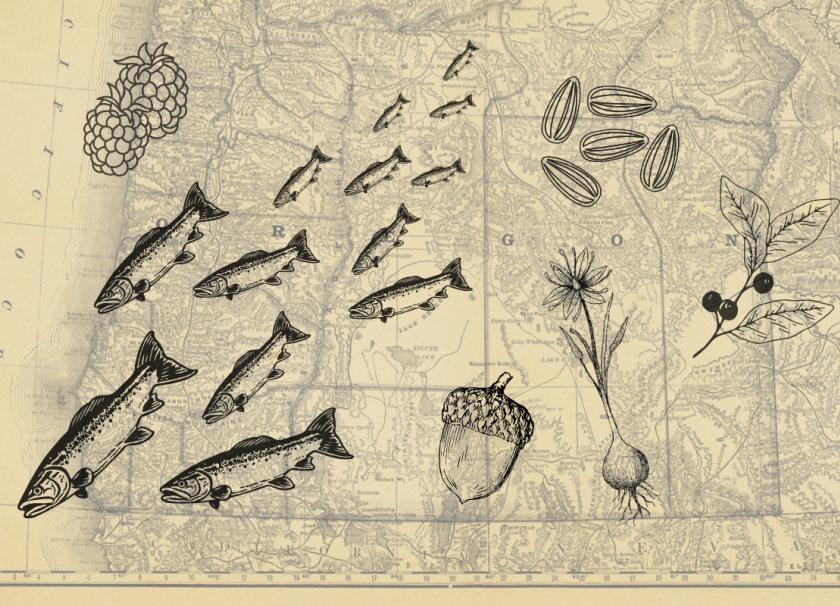
Celebrating Indigenous Food and Traditions
Each October, when so many across the country celebrate Indigenous Peoples' Day, the Ashland Food Co-op pauses to reflect on the land we call home, the people who've cared for it, and how food and connections to the land can help us return that inheritance in a positive way. This holiday isn’t just a request that we correct the record of history, but that we also plant a greater sense of home, appreciation, and responsibility. In southern Oregon, that means exploring the histories and teachings of the Shasta, Takelma, Latgawa, and other tribes whose ancestral lands include what is now Ashland.
Indigenous peoples in our region lived prior to Euro-American settlement in a deep relationship with food cycles and place. In the Rogue Valley and along the Table Rocks, the Takelma were sometimes called “Dagelma,” meaning “those who dwell by the river.” Life revolved around the waters and the changing seasons. Salmon filled their nets, while wild roots, berries, seeds, and game rounded out their meals. As the seasons changed, they followed the rhythms of the land, moving between elevations to fish, gather, hunt, and carefully store what they would need for the months ahead. Their activity wasn’t just for survival, but for reciprocity: farming soils, burning to maintain open meadows, incubating plant habitats, and honoring areas of ceremony. Their ways of tending the land remind us that we still have much to learn about balance, respect, and stewardship.
Deep disruption came in the mid-1800s: the Rogue River Wars of 1855–1856, when numerous Indigenous communities were forcibly relocated, treaties were violated, and war and disease devastated populations; the brief existence of the Table Rock Reservation was formed and abolished; and numerous descendants of these groups found themselves caught up in confederated treaties or relocated to other reservations. In spite of this break, Indigenous families still reside here, remember, revive language, and preserve cultural food traditions throughout Oregon today.
Food is one of the most powerful connections we have to memory, respect, and the planet itself. Here in Oregon, "first foods" like salmon, roots, berries, and game are still central to Indigenous food sovereignty.This work in southern Oregon centers on renewal: restoring native plants, rebuilding traditional harvesting, and restoring both cultural connections and care for the earth. By the fact that co-ops are community, we can be the change by learning about Indigenous foodways, finding Indigenous-grown produce when possible, and supporting organizations that uplift Native voices.
Indigenous Peoples’ Day reminds us that honoring the past is not only about memory, but also about the actions we take today. We encourage you and our community to become conscious of whose territory you stand on, to contribute financially to Native nonprofits, and to buy at Indigenous food producers. There's something good we can do towards reciprocity, justice, and healthier relations with people and places.
Sources:
- OSF Ashland Land Acknowledgment: https://www.osfashland.org/land-acknowledgment
- BLM Table Rocks History: https://www.blm.gov/programs/recreation/recreation-activities/oregon-washington/tablerocks/cultural-history/regional-tribes
- Rogue River Wars: https://en.wikipedia.org/wiki/Rogue_River_Wars
- Table Rock Reservation: https://en.wikipedia.org/wiki/Table_Rock_Indian_Reservation
- Travel Oregon – Indigenous Foods: https://traveloregon.com/things-to-do/culture-history/celebrate-oregons-indigenous-foods/
- My Oregon – Indigenous Foodways in Southern Oregon: https://www.myoregon.gov/2022/12/20/how-indigenous-communities-are-reclaiming-knowledge-and-relationships-to-first-foods-in-southern-oregon/
More Co-op News
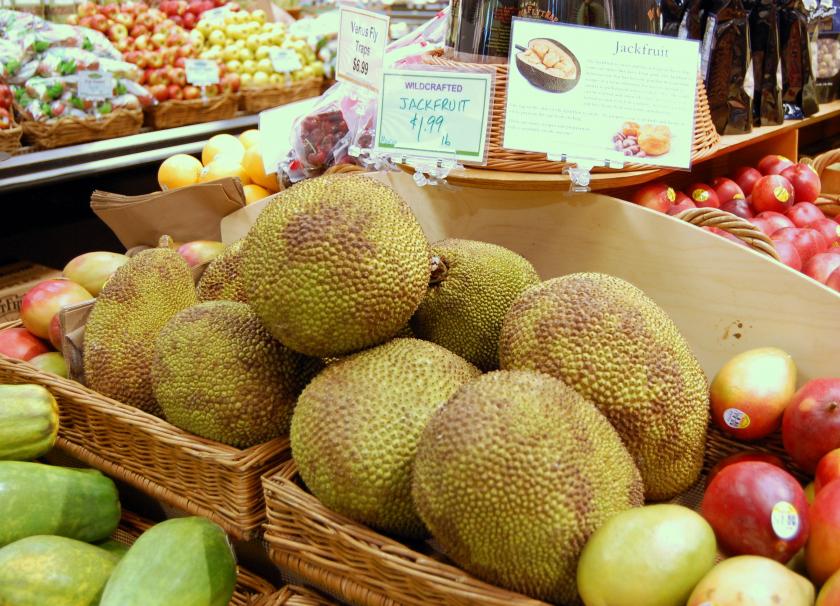
Jackfruit 101
You might have noticed a rather large, prickly fruit hanging out next to the apples, oranges, and papayas in the Produce Department. Meet the Jackfruit, the newest addition to the Produce Department. In case you don't know "jack" about Jackfruit, here is a crash course.
- The Jackfruit is native to South and Southeast Asia and is a close cousin of the fig.
-
The Co-op sources the fruit from Patagonia Orchards. Their fruit is grown in the tropical rainforest of Nayarit, Mexico.
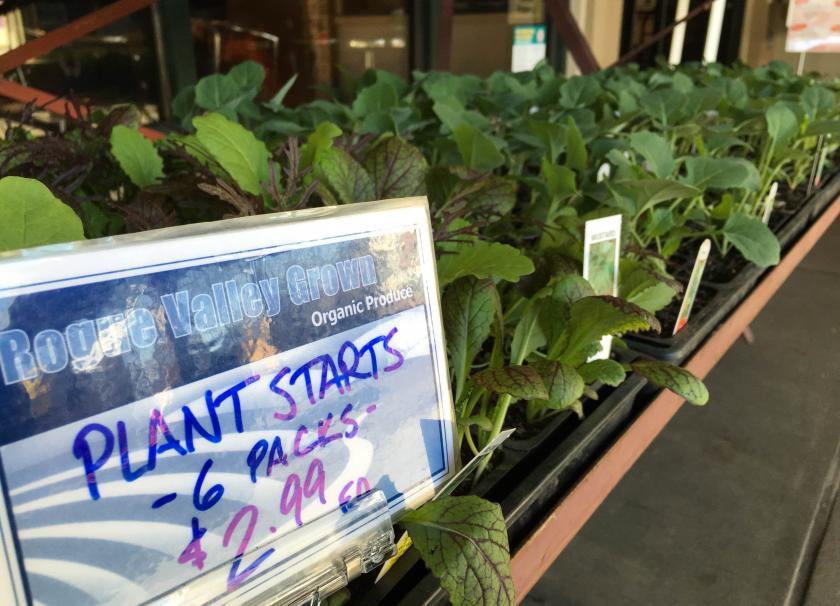
Get Your Garden On
This is one of our favorite times of the year. The sun is out and the days are longer, time to play in the dirt. Our Produce Staff share their favorite seeds and starts to help you get your garden going.
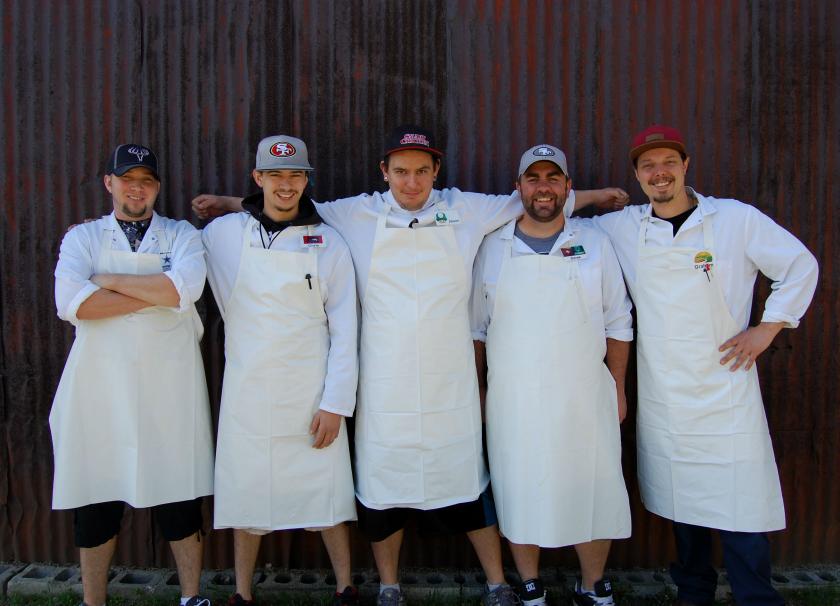
Meet the Meat Department
Welcome back to our Behind the Scenes blog series. So far you’ve meet the dynamic Produce and Deli teams. Next up, the department that is packed with protein, meet the Meat Department.
Did you know?
Rachel's Spring Produce Picks
Rachel Rose, Assistant Produce Manager, shares her spring produce picks.
Strawberries
Most people are surprised to know that early spring are two of the best months out of the year for tasty strawberries. The first batch out of California is usually so sweet and full of flavor that the rest of the year I often shy away from strawberries. They just don’t measure up to the fruit coming out early in the year.
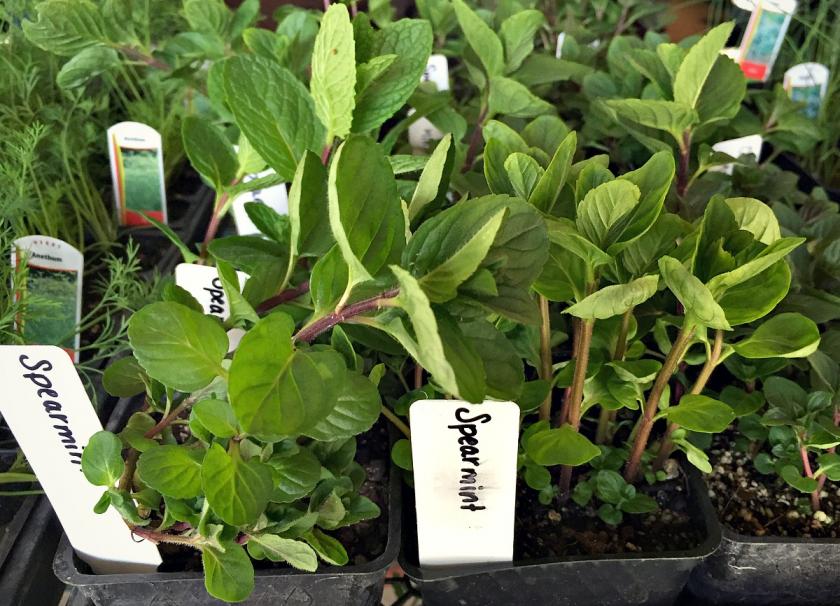
5 Edible Plants to Start in Your Garden Now
Spring is most definitely upon us, and we are lucky enough to live in Southern Oregon where the weather during this time is usually (ahem) co-operative enough to let us get some plants in the ground in between the hail storms and rainbows. There are actually many plants that do quite well in this time of transition, as they prefer the cooler temperatures that we get here this time of year, before the real heat sets in. Here are a few that we have right now at the Co-op, direct from local, organic farms. Plant these in your garden now for best results!
UPDATED Organic Raw Macadamia Nuts Recalled Because of Possible Health Risk
UPDATED 3/17/16
Ashland Food Co-Op of Ashland, Oregon issues the updated press release to clarify that we re-packed and sold Organic Raw Macadamia nuts in random weight bags at our retail store in Oregon only between January 5th, 2016 and February 4th, 2016. We do not have any internet sale or distribute affected product outside Oregon.
Garden of Life Raw Meal Recall
Garden of Life has issued a voluntary recall on all Raw Meal products shipped after August 15, 2015.
Please see the below link to Garden of Life’s blog for all lot numbers that they are recalling, as well as details of the recall.
Let Thy Food Be Thy Medicine
Rachel Rose, Assistant Produce Manager, shares her winter produce picks.
The cells in our bodies are all made using the building blocks that we provide in the food that we eat, the air that we breathe and the water we drink. If we want healthy bodies, feeding ourselves and our families the cleanest healthiest foods is a real good start. We are what we eat!
Burdock root
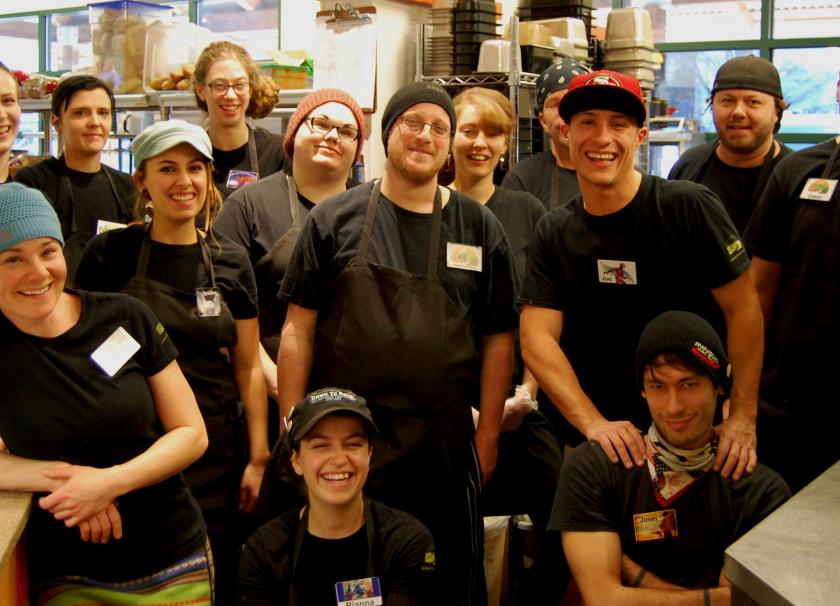
Behind the Scenes: The Deli
Welcome back to our Behind the Scenes blog series. We recently took you into the colorful world of Produce. Now we’d like to introduce you to the department that enters beast mode daily: the Deli.
Did you know?
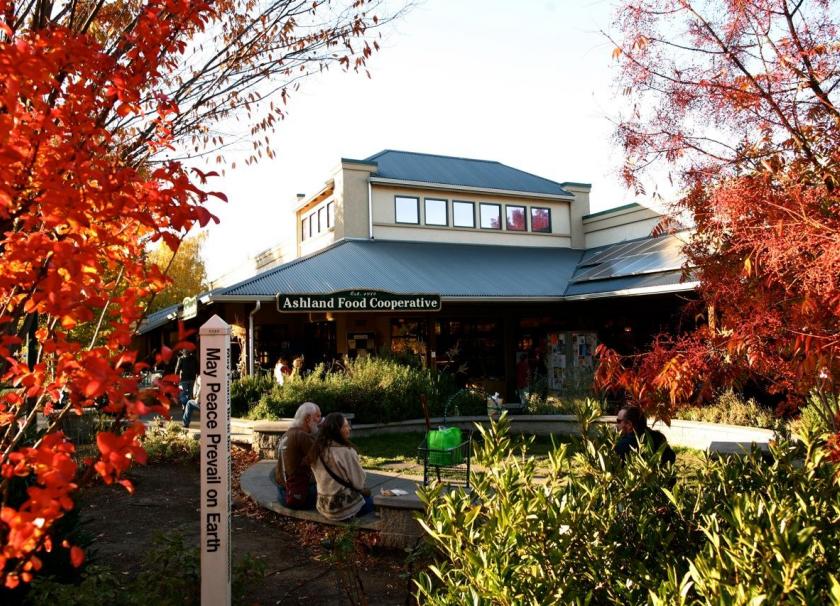
31 Reasons to Visit the Co-op
Happy 2016! It’s a brand new year, new month, new day. No doubt many of you’ve made a variety of resolutions to make this year the best yet. The Co-op can help you succeed. How? Let us tell you. Here are 31 reasons why you should visit the Co-op every day this month to improve your life and your community.
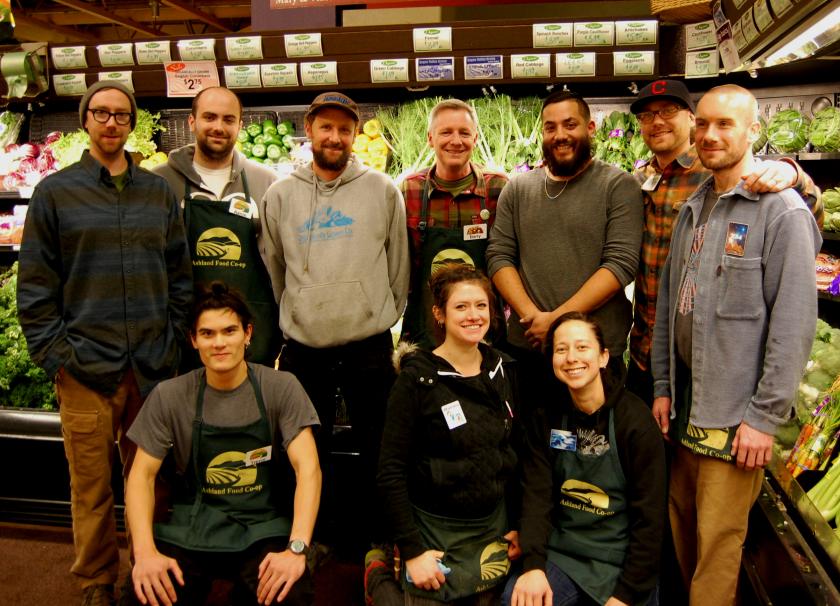
Behind the Scenes: Produce Department
You shop for groceries at the Co-op. For lunch, you often stop at the Deli for a quick meal from the Hot Bar. You meet friends outside on the plaza, give each other long hugs, and catch up on life. After a long week, you swing by for the Friday beer and wine tastings at the Kiosk. But how well do you really know the Co-op?
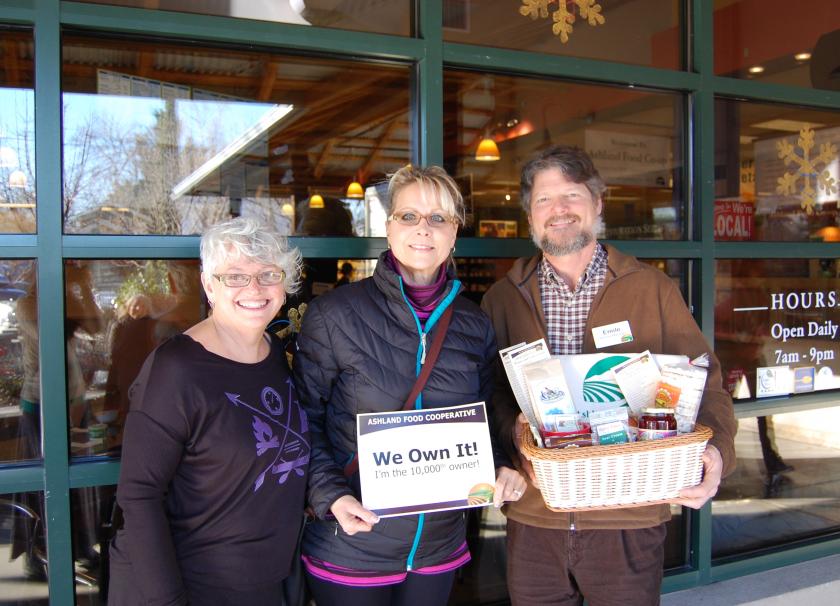
2015: A Year to Remember
Can it really be that time of year again? 2015 was full of so many things for which to be grateful. Here’s a list of some of the highlights.
We celebrated the 10-thousandth person to become a Co-op owner! Co-op ownership is a way to help create a more humane and democratic way to do business locally. A robust cooperative economy is one way to take a stand against corporate misbehavior.
Smart Chicken® Holiday Giving Challenge
The holiday season is upon us. Amidst the shopping frenzies, family gatherings, and parties it can be hard to remember this is also a season of giving. Luckily, you have us and we are making it easy for you to give back.
During the month of November, Co-op shoppers can nourish their own families and help fight hunger in the Rogue Valley.
